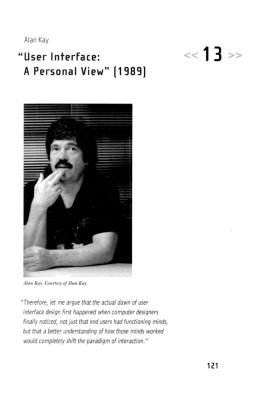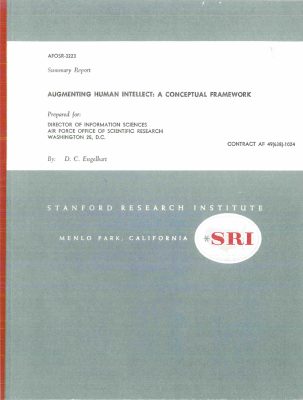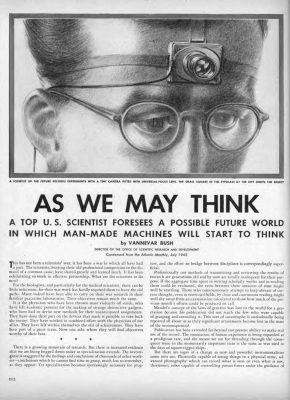WonderOS
Reimagining computation as itemized environments
Alexander ObenauerSummary
WonderOS explores the future of personal computing by building from modular building blocks called items and creating an itemized environment out of them. In WonderOS, everything is an item: a to-do list is an item, and so are the individual todos inside it; a document is an item, as are the images and text within it; a podcast is an item, as are its individual episodes. This radical consistency means the system can rethink familiar features — like email, calendars, and notes — in entirely new ways, since all of them are made of the same universal parts.
By separating items (your digital content) from the interfaces that display them and the services that provide them, WonderOS empowers users to become true operators. Unlike users, operators can modify, evolve, and personalize their system over time — creating a computing experience that grows with their needs and understanding.
The higher aim is not to deliver a finished operating system but to spark new and renewed thinking about personal computing’s role in our lives and in society. WonderOS reminds us that if even these experiments represent improvement, then far better answers may still lie ahead.
The greatest impact of this research comes from the more general questions being proposed: can we devise better systems which would allow us to do what we do better, including devising still better systems?
Meaning: regardless of the merits, outcome, or lack thereof, from the specifics explored in this article, the most important aspect of this work is in building upon what we have so far in the search for better questions, better answers, and pathways to realizing the great unfulfilled potential created for us by our forefathers in computing. What more might these concepts expand into with people’s expanded ability to think, process, collect, discern, etc. with these more expressive systems? Alexander Obenauer
Key concepts
- Everything Is an item In WonderOS, all content is built from the same parts. A to-do list is an item, and so are the individual todos inside it; a document is an item, as are its images and text; a podcast is an item, as are its episodes. This radical consistency allows the system to rethink familiar features like email, calendars, and notes.
- Operators, not users WonderOS replaces the idea of passive “users” with active “operators.” Operators can inspect, modify, and evolve their systems, developing literacy in computing as they adapt it to their own needs and contexts.
- Separation of content, interface, and service By decoupling items (your content) from the interfaces that present them and the services that power them, WonderOS makes systems more flexible and extensible. The same item can live in many interfaces and evolve independently of the services behind it.
- Personal systems that grow with you Instead of locking people into fixed apps or rigid workflows, WonderOS enables systems that can be personalized and expanded over time, evolving alongside the operator’s knowledge, creativity, and changing needs.
- A catalyst for rethinking personal computing WonderOS is not a finished operating system but an ongoing exploration. Its aim is to raise deeper questions about the role of computing in our lives and to demonstrate that new, better answers remain possible.
WonderOS reimagines the operating system as an itemized environment where everything is built from the same modular parts. By empowering people to become operators rather than passive users, it envisions a more humane computing future — one in which systems are malleable, thoughtful, and designed to evolve with their operators. It beckons us to reclaim agency over our digital environment by aligning our tools more closely with how we think, feel, and work.

This idea was originally published by Alexander Obenauer as WonderOS. Part of the project is presented as the operating manual that would accompany a user’s first machine running WonderOS. More background and conceptual context can be found in the 2021 essay The Potential Merits of an Itemized OS, as well as in his lab notes, which explore various experiments with different aspects of the system.
Big Idea Initiative is all about making connections, and sharing knowledge, thoughts, and ideas that support deep thinking and collaboration. Our goal is to create a space that sparks thinking and conversations among people whose ideas might benefit each other, even if they’re working on completely unrelated topics. We think that pushing back the limits of possibility will come as a result of the connections that diverse collaborators make together. Identifying these connections will bring the big ideas our world needs.
We need your help! If you…
- have questions or feedback about this work
- want to improve, develop, or add to this idea
- want to sponsor a prototype of this idea
we invite you to contact us: hello@bigideainitiative.org.


